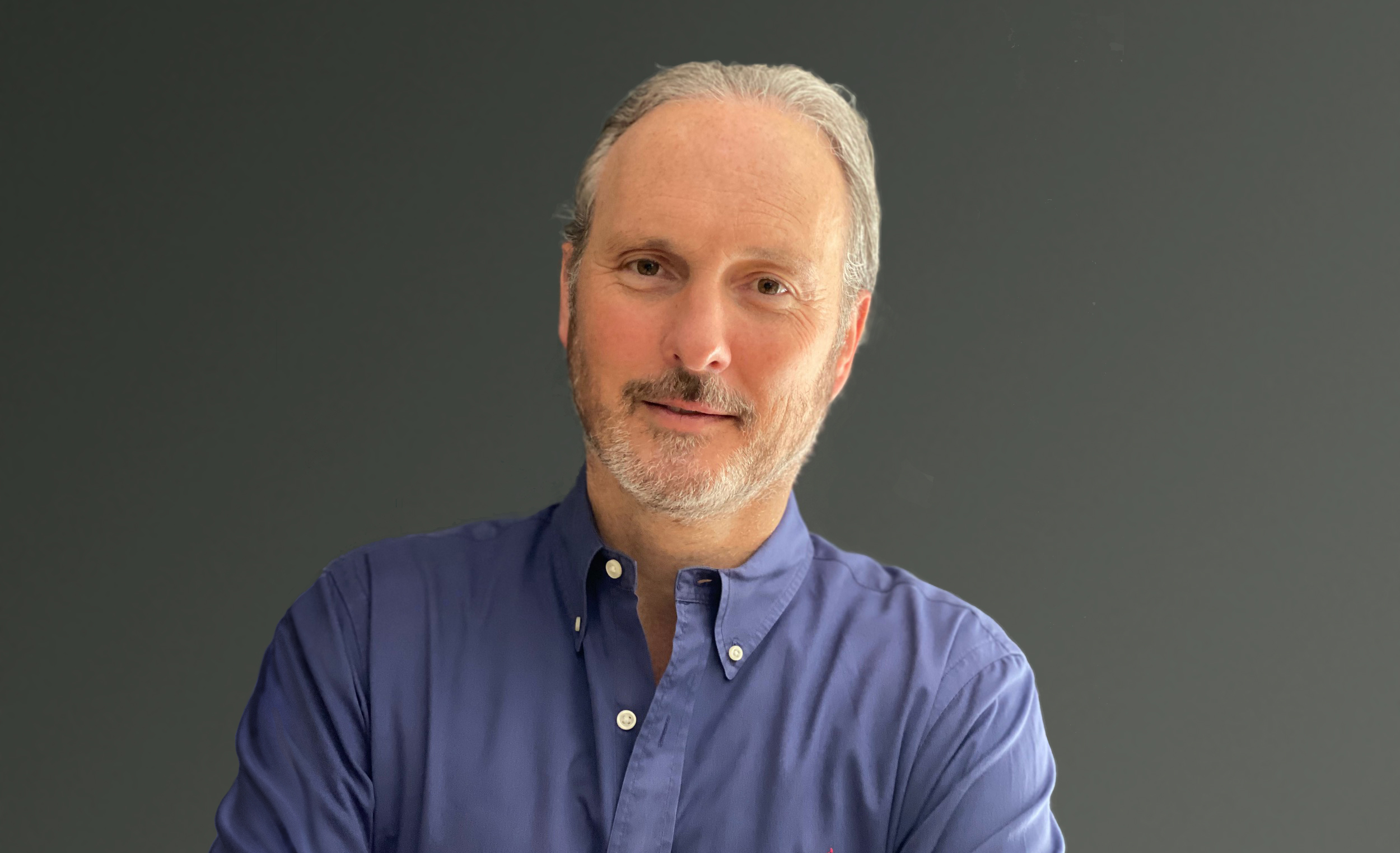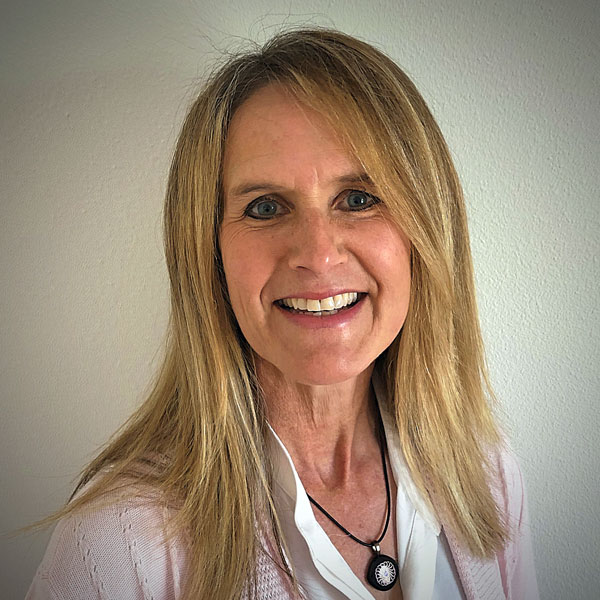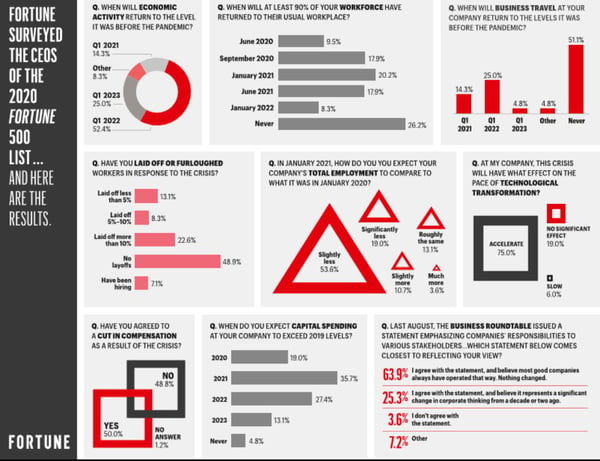Why ChemVM and Why Now? Q&A with CEO Michael Van Marle
Recently, I sat down with Michael van Marle to ask him about the founding of ChemVM. What was the spark that ignited the idea for the company? What has this first year building the team and the product been like? Why is now the ideal time in the chemical space for a matching platform to help process engineers, procurement leaders, entrepreneurs and other chemical customers find ideal service providers? We talked about these questions and more in my interview that follows.
Q: Where did the idea for ChemVM come from?
MVM: I’ve been involved in the chemical space, particularly in chemical distribution, over the last 25 years, and I’ve worked in different companies in lots of different geographical areas of the world. The chemical industry has been digitally immature for a long time and I saw how other industries were benefitting from digital transformation. Based on my personal experience and research I did during an executive leadership program I attended at Wharton looking at new business models disrupting industries in general, I believed there was a big opportunity to transform the chemical space and add significant value to the space by making the market much more efficient.
Q: With so much digital transformation happening across B2C and B2B industries—from Airbnb to Angie’s List to UpWork—why has the chemical industry been slower to transform?
MVM: It’s a very traditional market where business transactions have been done the same way for decades – why change something that’s not broken? At the end of the 90s and early 2000s, there was this big internet hype and in the chemical industry and people tried to create platforms, particularly marketplaces, with backing from big chemical manufacturers. I think it was too early - the market wasn’t ready for it. The internet was in its infancy, the infrastructure was not in place, and ultimately, it didn’t work. This left skepticism in people’s minds that digital transformations had been tried in the past and failed.
Over the last few years, this has changed, and it continues to change rapidly. You see it all across the board: chemical manufacturing factories are looking at ways to digitize their processes and make them more efficient, and the same is happening with supply chain solutions and marketplaces. Moreover, generational trends are at play with millennials who are now in positions of middle and senior management and are used to doing everything online. And Gen Z professionals are joining teams and coming up the ranks as well. They don’t want to be sitting with salespeople and talking at trade shows but rather use an app to quickly find their solution and fulfill their service. They’re comfortable with their B2C services, and they want the same for their B2B needs.
Q: How did the vision for ChemVM come together?
MVM: When I started thinking about what ChemVM would look like, I initially envisioned setting up a B2B platform model like Amazon focused on moving products from point A to point B. However, to set that up would require more funding than we anticipated. That’s when we pivoted to a more niche approach in the chemical processing and services industry, and researched to learn the specific pain points both for the service provider trying to fill capacity and customers trying to find the ideal service provider. One finding that really stood out in talking to service providers was that they could not fulfill up to 95% of their opportunities. In addition to the opportunity cost of sales time spent on so many closed-lost deals, this leads to a big issue with low capacity utilization, which at the end of the day has a big impact on revenue and profitability. This finding was similar when we talked to chemical customers who spend countless days and weeks searching and quoting to find best-fit suppliers for their specific requirements and still often come up short.
We thought, wouldn’t it be great if we could create a matching system where we would know a potential customer’s specific project or chemistry requirements and the exact capabilities of service providers. We then embarked on creating precise matching software that connects customers with the ideal service provider and in turn, brings best-fit customers precisely matched to service providers’ capabilities. These matches can happen in minutes or hours instead of weeks, months or sometimes even years. That’s how we got started.
Q: In a recent survey of the CEOs of Fortune 500 companies, 75 percent of respondents said the COVID-19 pandemic will accelerate the pace of technological transformation at their company. As a chemical industry veteran, do you think the industry will embrace transformation in an accelerated way going forward the same way Fortune 500 companies have?
MVM: The short answer is yes, absolutely. As a society, we’ve become increasingly accustomed to buying things online (everyone has bought something on Amazon) and receiving those the next day at our doorstep. This convenience and efficiency has in large part removed the friction and the pain points of the buying process.
However, if you look at the way chemical service providers and customers interact before COVID-19, there was a big emphasis on physical meetings, lunches and golf outings, and time away from the office to meet up at trade association events and trade shows to discuss opportunities. With COVID-19, while these in-person meetings can’t happen anymore, people still need to continue doing business; the only way to do that safely is virtually, online. This was already underway, but COVID-19 has accelerated this change. I’ve heard similar stories from people who are seeing their industries transform at a much faster pace than where they envisioned that trajectory to be by 2030. So yes, there is a definite acceleration of the digital transformation processes because of this COVID-19 situation.
Q: What attracted your early investors to want to be a part of ChemVM?
MVM: The people and companies that have invested so far have experience and understand the space we’re targeting, and they recognize it’s a really big market, which is appealing. They see we have validated that we can solve some very specific pain points by making the process much more efficient and they like the value that we’re bringing to the market. At the end of the day, that’s what we’re trying to do: make things better and more efficient; drive down costs; assure that people can get to market and to revenue faster; and become more profitable with much less friction. I think the investors really understood that, and they liked the idea.
Q: What were the first steps in starting ChemVM? How far has the company come since these first steps, and how has your leadership team taken shape?
MVM: The first step we took was to identify and investigate the opportunity by listening to market players and gathering feedback. The next step was to define the business model and put a strategy in place. During that process, I came to the conclusion that I needed partners who brought both technology and domain experience, preferably with startup experience. After a long search, I connected with Erik, who brought valuable industry experience from his leadership at Dupont and INVISTA, and Erik knew Dave, who has technology, domain experience, and startup experience. Together, as the three founders of the company, we proceeded to refine the business model while continuing to gather further feedback and building the software functionality. We went through all these steps, and by the end 2019, we incorporated the company and secured initial funding. Rebecca came onboard as Chief Marketing Officer to help us establish the ChemVM brand and our go-to-market efforts. Earlier this year, Chris joined as Chief Operating Officer and brings very specific chemical processing and services experience, and Justin started as our Chief Technology Officer to focus on building our proprietary software. Now we have an executive team and initial funding in place, the software is becoming increasingly more robust, and we’ve done a lot of validation through that process. There is a lot of enthusiasm, and we’re ready for the next steps.
Q: Where are you with development of the software?
MVM: We’ve been doing internal alpha testing to validate our systems and we’re now actively seeking chemical service providers and customers to participate in our first beta program. Our objectives with this first beta are with usability, data capture and matching for several chemical services—blending, packaging, storage, and warehousing. The objectives for the second beta program in September will expand to include chemical reactions and separations services.
Q: How do you plan to scale geographically and will you add other services?
MVM: Our plan is to focus initially on a regional level, but soon after, we will scale it up in the U.S. as it’s a big market here. Based on our learnings and market share growth in the U.S., we will expand into other geographical areas as there’s a great deal of potential growth. Looking longer term, we believe we can move into other industries and introduce the same solutions, the same software. There’s years and years of runway to generate benefit and add value to the space globally.
Q: How have your experiences with the chemical industry contributed to your goals for ChemVM?
MVM: I’ve been active in the industry for a long time in numerous geographical areas. I’ve worked with many different service providers and customers, as has the rest of the team. We have a deep understanding of the market and the players. From a holistic perspective, we understand how business is done and what the needs are. We also can see the links, and I think that experience has contributed to understanding what those needs are at the moment. I think our domain experience combined with our software knowledge, gives us the unique insight and ability to generate solutions that will contribute to transform this industry.
Q: In what ways do you believe ChemVM will improve the chemical industry in the future? What do you hope people will gain from it?
MVM: As I pointed out, we have identified various pain points and will solve them for people by simplifying the way business is done right now and making it much more efficient. By introducing digital solutions, I think there are many benefits market players can gain by using the ChemVM platform.

 Rebecca Geier
Rebecca Geier

